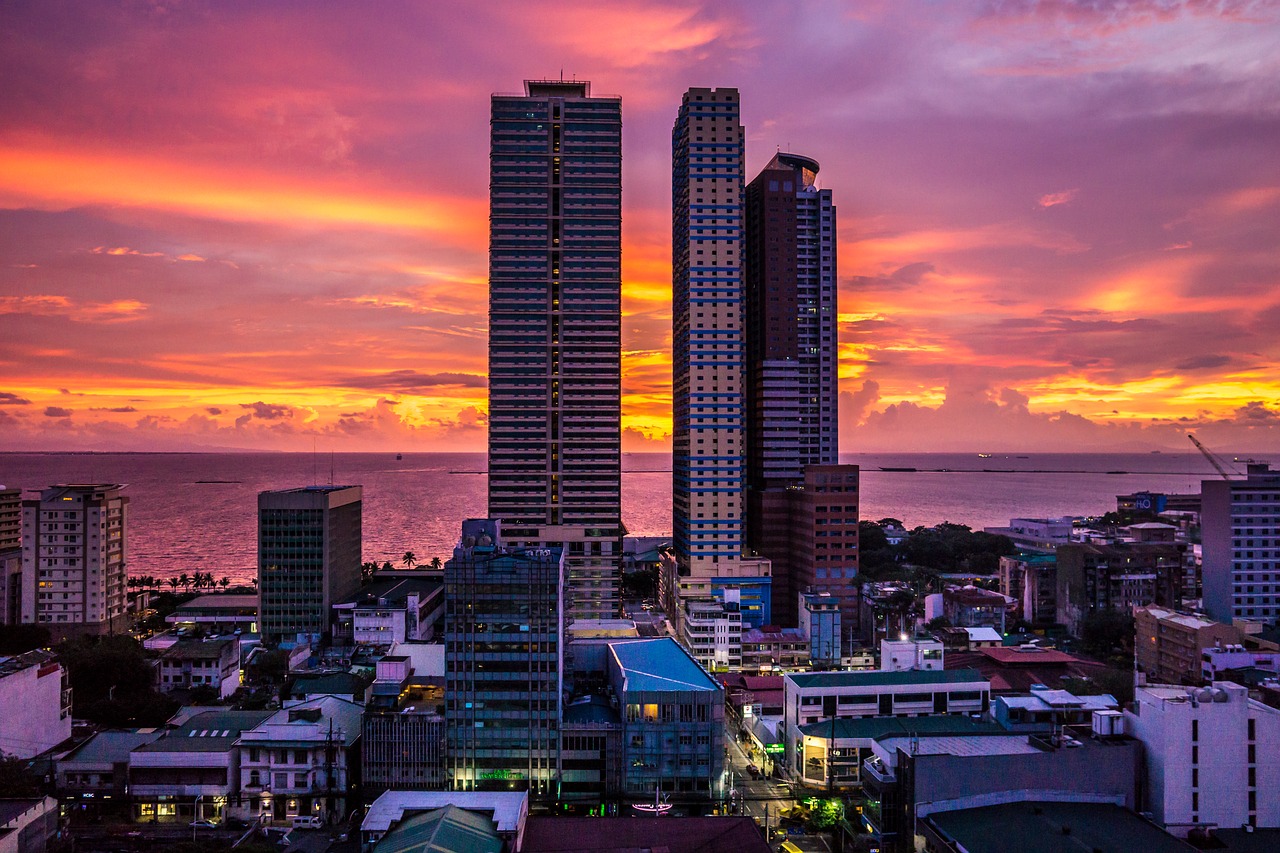The startup business community in the Philippines has seen its share of both local and foreign entrepreneurs. If you’re currently thinking of doing business in the Philippines, here are 10 questions you need to ask before making that big move.
1) Do you have a customer base in the Philippines?
Make sure that your products or services is able to attract a customer in the Philippines. While the country has a westernized culture, you still have to think about the viability of your product or service and if it will fill a need in the market.
2) Where should I open the branch in the Philippines?
From a business perspective it makes sense to open in Manila. However as the capital of the Philippines the area can be congested and consumers are spoilt for choices. Personally inspect the area where you will open your branch and see if it’s accessible to both your target market and your employees.
3) Should I consider opening in a special economic zone?
The Philippine government has several initiatives in place to entice both local and foreign investors and entrepreneurs with great fiscal and non-fiscal benefits. The Philippines has several special economic zones that aim to boost the local economy and tourism.
Opening a branch here means you enjoy great entrepreneurial benefits. Apart from these special economic zones, the country also has several rising business hubs in Metro Manila.
When starting a business in the Philippines, you can check the country’s list of leading cities by economic expansion which includes Pasig City, Cebu City, and Davao City.
4) How will I find local talents?
While there is no shortage of hardworking employees in the Philippines, you still need to consider whether local talent can fill in the qualifications you’re searching for. Employees prefer to work near their homes, so study the area to see if its workforce has the skill set you need for your company.
5) Can I adapt to the local culture?
Apart from their needs, you also have to consider if it would appeal to the local culture. For example, meals deliveries would work well in any city in the US. However in the Philippines where it’s not a custom to move out of the house at age 18 and it’s common for adults to live with their parents until they get married, they could have their own packed lunch.
6) Can I compete with local establishments?
Filipinos tend to be loyal to their brand choice. Sometimes, they identify a product by its company’s name. As a family-oriented society, this affiliation tends to get passed down to the next generation. Additionally, there are also other international brands in your industry that may already have established themselves in the Philippines and gained the trust of cosmopolitan Filipinos who admire imported quality.
The Philippine market, however, is also open to trying new brands, especially in the metro. Check your competition not just based on the local market, but also on the establishments that are already in the country.
7) Should I stay in the Philippines?
The Philippine government has special working visas for foreigners who wish to open businesses in the country. While creating a remote team can also work or assigning a representative, it is best to be hands-on in the initial stages to ensure that the new branch is following the brand’s guidelines.
Staying in the Philippines for a short period (or longer) will also provide you ways to get to know your employees and your new market.
8) Is opening a branch necessary or can I ship the products to customers in the Philippines?
Opening a branch would help you establish a local presence, but this would involve tedious paperwork apart from the costs of setting up in the Philippines. An e-commerce website is convenient, but most Filipinos don’t have credit cards so you need to offer alternative options for payment such as cash on delivery or bank transfer. In this case you still need to set-up an office to handle transactions.
Weigh the pros and cons between the two.
9) Is my product good enough for the new market?
The ability to adapt will help keep businesses on top of their game. While one product can work in a country, it might be a total failure in another.
The key is to launch feasibility studies to ensure that your product or services will do well in the new location.
10) Is my product too expensive for the Filipino market?
The cost of living in the Philippines can be expensive, depending on your income. If you’re selling a necessity, take a look at the other cheaper options in the local market that can fill that need. If not, evaluate if your target market has the disposable income to buy your product.
If you believe your product or services is a good match for the Philippine market, you have an advantage as an international brand name. There are many advantages in opening a branch in the Philippines and capitalizing on the unique Filipino working culture to your advantage.

Rocky Chan is a lawyer and business consultant who excels in corporate formation, immigration procedures, and client relations. In the last 7 years, he honed his craft in the field of foreign investment consultancy.

